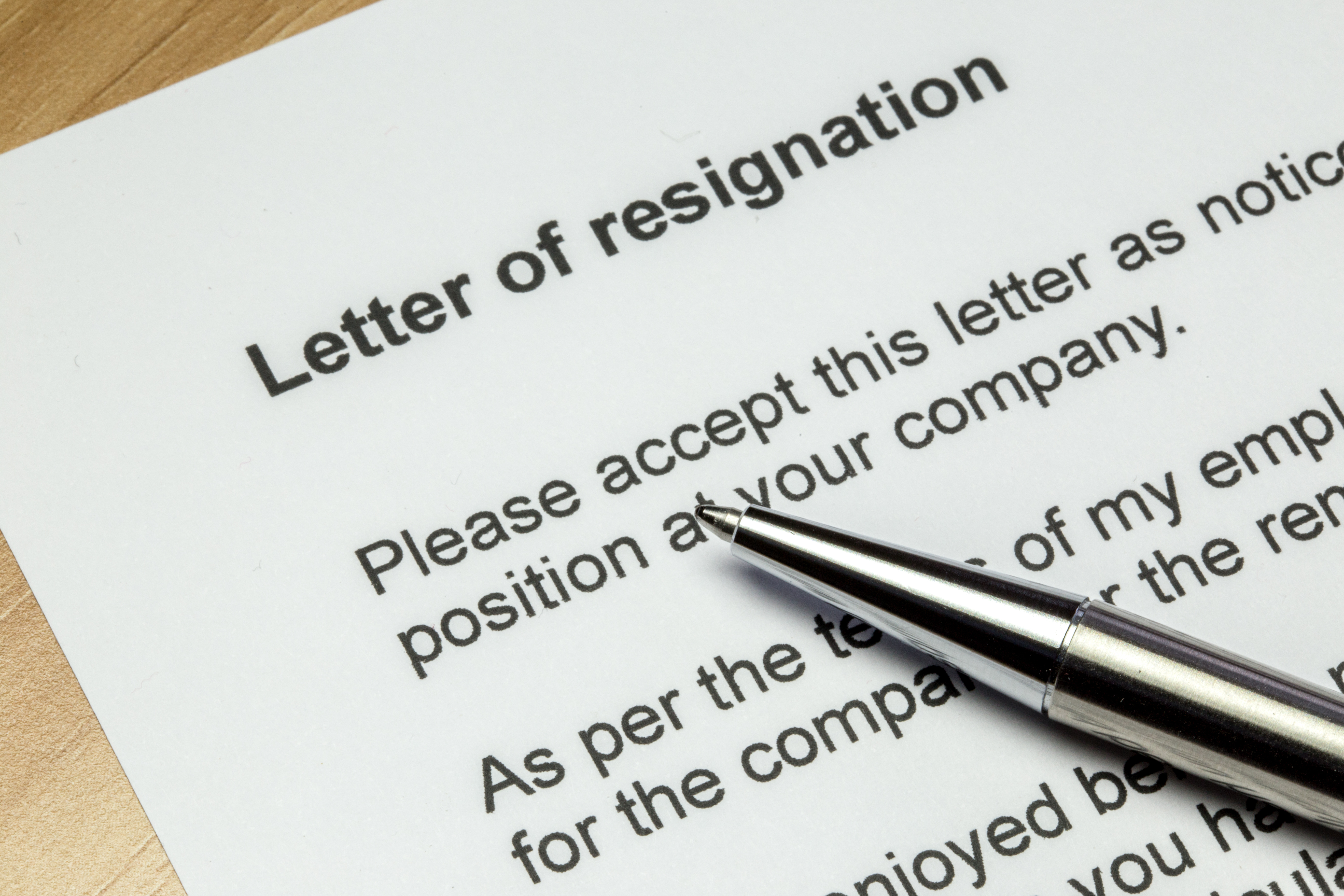Coppice HR
HR NewsWhy Do Employees Leave?

Employees leave their job for various different reasons, some of which are a direct result of their time at work and others outside of the Company’s control.
We spend on average of 3,515 full days at work over the course of our lifetime, according to the Accountancy Age Salary Survey 2018. Spending such a significant portion of life at work, it is crucial that employees are happy within their roles and enjoy working for their employer. The best way to head off any retention issues is to stay in touch with what employees are thinking.
Are they happy with their work? Are their needs for a challenge, belonging and development being met? Do they have the communication and recognition that they need from their boss?
On a company-wide basis, does an organisation have the systems, processes, and requirements to be supportive of their employees? Do they support employees with meaningful work, market compensation and benefits, and the ability to have an effect on their work and workplace? Most importantly, do they make employees want to stay?
A company can do very little to keep employees who have to move around the country with their spouse or partner when they find upwardly mobile career promotions or if family circumstances change. These life events are part of the employee’s world outside of work. However, the majority of reasons why employees quit their job are under the control of the employer and many can be addressed at a cost less than having to cover, recruit and train a new employee. Often, the reasons for leaving concern the culture, environment or employee’s perception of the organisation.
Analysis in 2018 of the exit reasons of over 25,000 employees across the world by Tiny Pulse, a leader in employee-engagement surveys, highlighted 5 main reasons:
- Poor management performance – employees who rate their supervisor’s performance poorly are four times as likely to be job hunting.
- Lack of employee recognition – something as simple (and free) as showing appreciation for your employees’ contributions can make a difference. Nearly 22% of workers who don’t feel recognised when they do great work have applied for a job in the last three months, compared to just 12% of those who do feel recognised.
- Overworked employees – work-life balance is crucial. In fact, employees who rate their work-life balance highly are 10% more likely to stay at their company.
- Company culture – the research found that culture has an even bigger impact on an employee’s decision to stay or go than their benefits package. Employees who say there’s a low level of respect among colleagues are 26% more likely to quit their jobs.
- No growth opportunities – employees who feel they are progressing in their career are 20% more likely to stay at their companies in one year’s time. On the opposite side, employees who don’t feel supported in their professional goals are three times more likely to be looking for a new job, according to the research.
Similar results were found in a study of 2,000 workers, commissioned by working animal charity SPANA. The Top 10 reasons for employees quitting their jobs in this research were:
- Wanted to improve work-life balance
- The job was too stressful
- They were offered more money elsewhere
- Poor company culture
- Thought their boss was incompetent
- Felt there were no career progression opportunities
- Work hours were too long
- Commute to work was too long
- Fell out with their boss
- Hadn’t been given a pay rise in ages
The results of both of these studies confirm that good leadership and a high-performance culture that values people as human beings will improve employee retention. Coppice HR can provide solutions to staff retention from the recruitment and induction stage to those longer-serving employees. Contact us at paul@coppicehr.com, 07814 008478 or through www.coppicehr.com.
Inspired by: HR Grapevine – Why Employees Quit Their Job, The Balance Careers – Top Reasons Employees Quit Their Jobs and Inc.com – Why Do People Quit Their Jobs